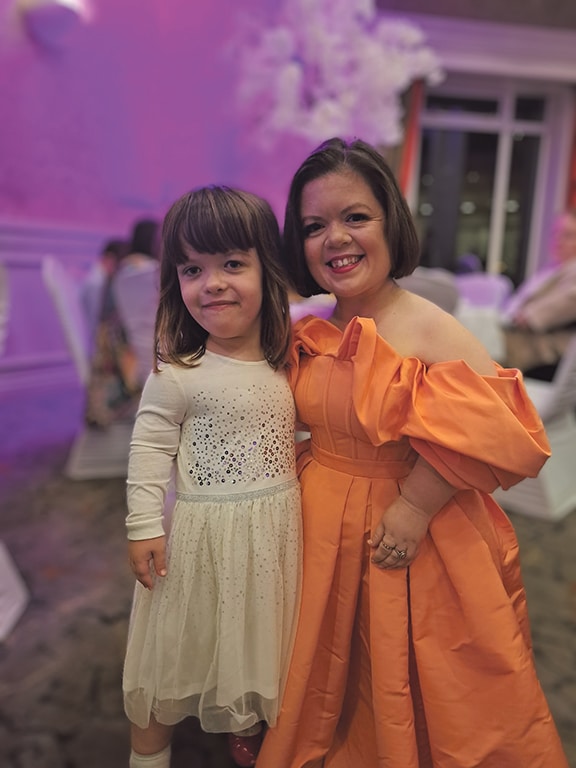
This month I was reminiscing with my friends over glass milk bottles and the little birds that would come and peck through the lid to get to the cream below. I couldn’t help but feel like, since then, we have been duped by the mass production of plastic and the false promise of ‘convenience’ that it provides. Most people feel the same way, especially when we receive the bill for our wheelie bins and the price we have to pay for throwing away all the plastic and packaging we never asked for in the first place. Think of the last time you bought a dozen apples and it came with all that unnecessary cardboard and plastic. In most cases that cardboard and plastic isn’t there to protect the fruit – it is only to make it more appealing to the consumer to spend more money on.
This is precisely why I took on a new piece of legislation this year aimed at clamping down on the ridiculous and unnecessary packaging we are forced to pay for twice: once at the till and again to dispose of it. In fact, about 40 per cent of all new plastic and 50 per cent of paper is made just for packaging in the EU, with the vast majority designed to be used just once before being thrown away. It could be said that when you go to the supermarket you are as much shopping for plastic and packaging as the products contained within.
Ireland unfortunately is one of the worst culprits. According to Eurostat, we generate more packaging waste per capita than any other Member State in the EU, with each person on average going through 246 kg of packaging waste a year. In terms of plastic packaging alone, we generate over double the EU average.
Recently in the European Parliament, we negotiated the Packaging and Packaging Waste Regulation. Our single most important aim was to reintroduce the idea that packaging, cups, plates, bottles and hundreds of other items should be made of material that can be reused, in a society that increasingly sees these items as once-off and single-use. The idea is that massive corporations like Amazon or McDonalds or Smurfit Kappa cannot replace single-use plastic with single-use cardboard and call it ‘sustainable’. That we have to turn the tide on the throwaway culture cultivated by corporate giants who prefer that the consumer, or the State, pays for disposal of the trash they produce.
When it came to the vote in Parliament however the McDonalds lobby had obviously worked hard on MEPs. The conservative EPP Group, of which Fine Gael is a member, voted against a number of measures including even a ban on individual plastic wrapping for fruit and veg. They even voted against making it cheaper to bring your own coffee cup to the cafe, instead of using more single-use plastic and cardboard cups.
On the ground with the ordinary shopper the attitude is very different. Across Ireland, over 70 local groups under the umbrella of ‘Sick of Plastic’ are now taking part in a weekly shop together, recording the amount of unnecessary packaging in an average trolley, and calling out supermarkets for the waste. People are sick of packaging and they are sick of paying for it.
In the Parliament thankfully we succeeded in a number of measures to reduce plastic and packaging. We achieved a modest binding target on Ireland to reduce packaging waste by 15 per cent by 2040. In the near future, return systems for glass bottles will be obligatory. We also achieved a ban on non-compostable plastic bags and teabags as well as a ban on dangerous PFAS chemicals in food packaging.
In the weeks to come, we fight to make the law even more ambitious. We are sick of plastic, and we’re determined to stop it at the source.



